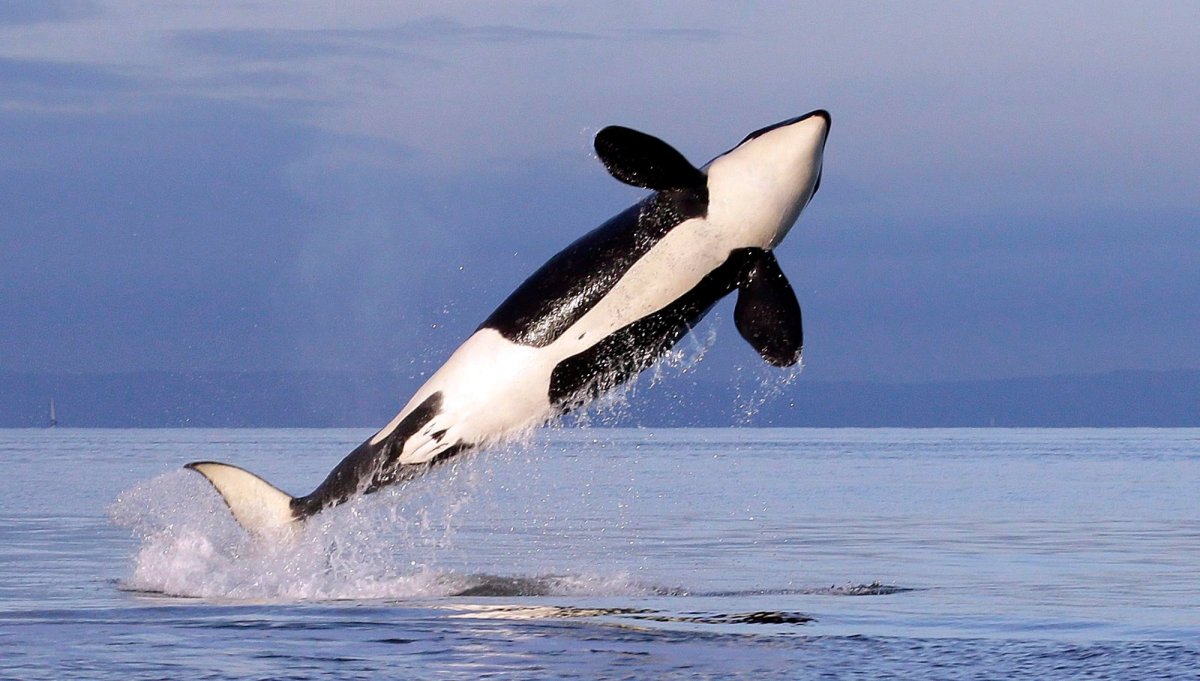A startling report from the World Wildlife Fund (WWF) has shown that Earth’s wildlife population declined by nearly two-thirds over the course of just over four decades.

“In a nutshell, it’s our own human activity that is leading to these declines,” said James Snider, vice-president of science, research and innovation at WWF.
Snider said habitat loss is the key issue causing this decline, and it comes in many forms.
“Conservation, fragmentation of land, pollution and introduction of invasive species. In some cases, especially in marine environments, over-exploitation and overuse are the drivers of the decline of these species,” he said.
As a result, global wildlife populations have declined 60 per cent between 1970 and 2014.

The “Living Planet Report” focused on vertebrate species, which includes mammals, birds, reptiles and amphibians.
Vertebrate species showed an 83 per cent decline in Canada specifically, Snider said.
He said global warming also plays a role.
Insects and plants were not included in the report.
- Enter at your own risk: New home security camera aims paintballs at intruders
- Boston Dynamics unveils ‘creepy’ new fully electric humanoid robot
- Ontario First Nation calls for chemical plant to be shut down amid ‘dangerously high’ benzene levels
- Nova Scotia scraps spring bear hunt idea, public ‘very divided’ on issue








Comments